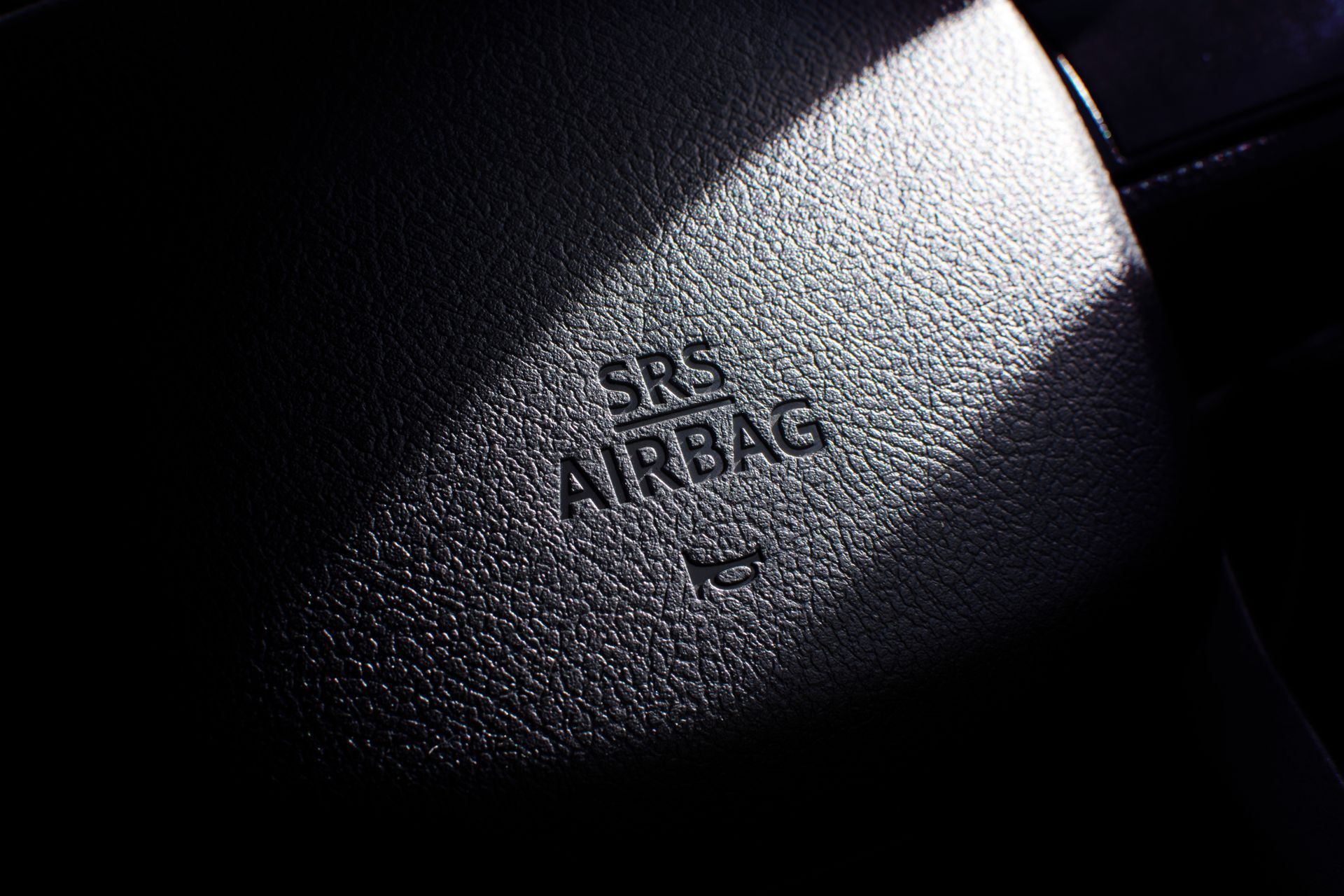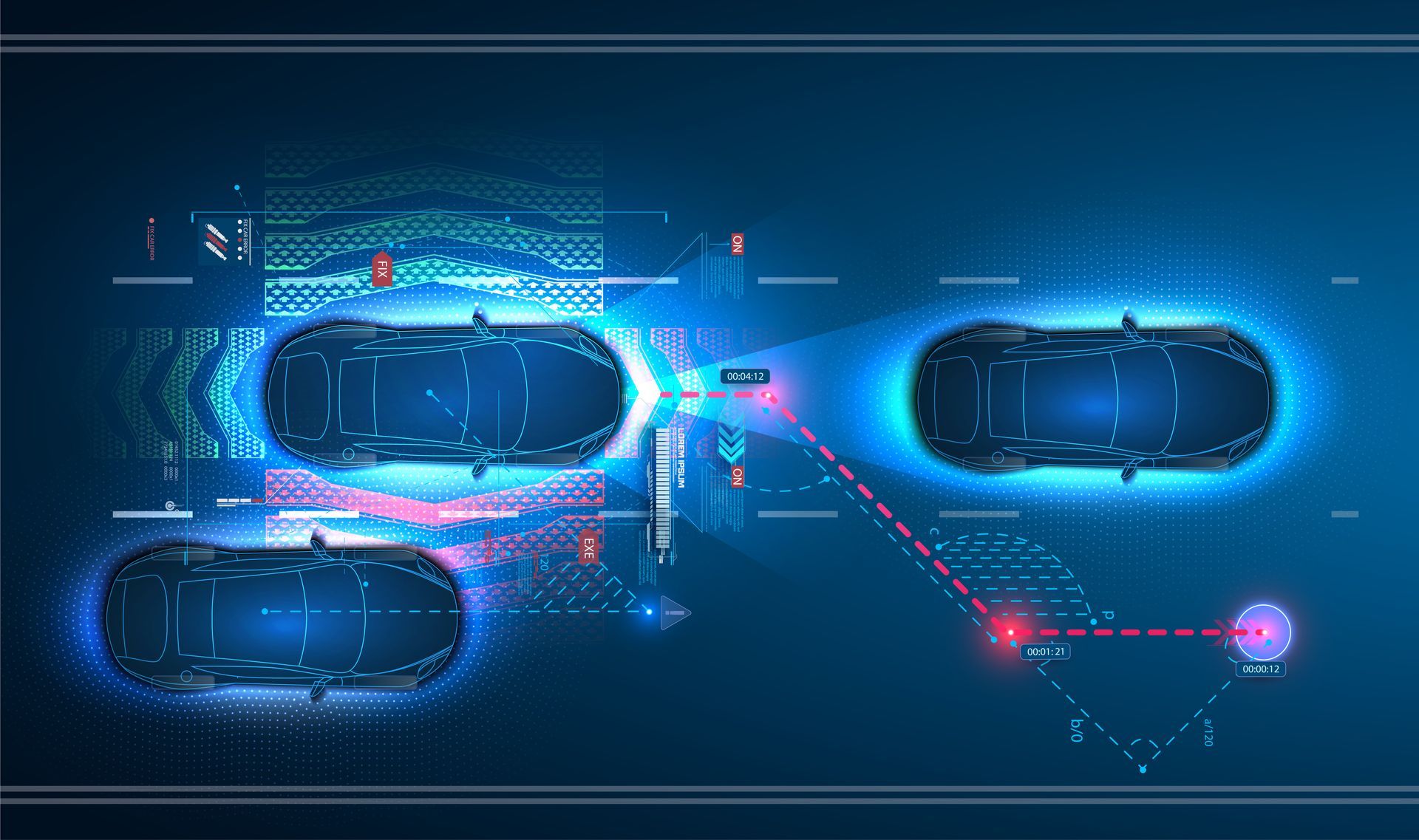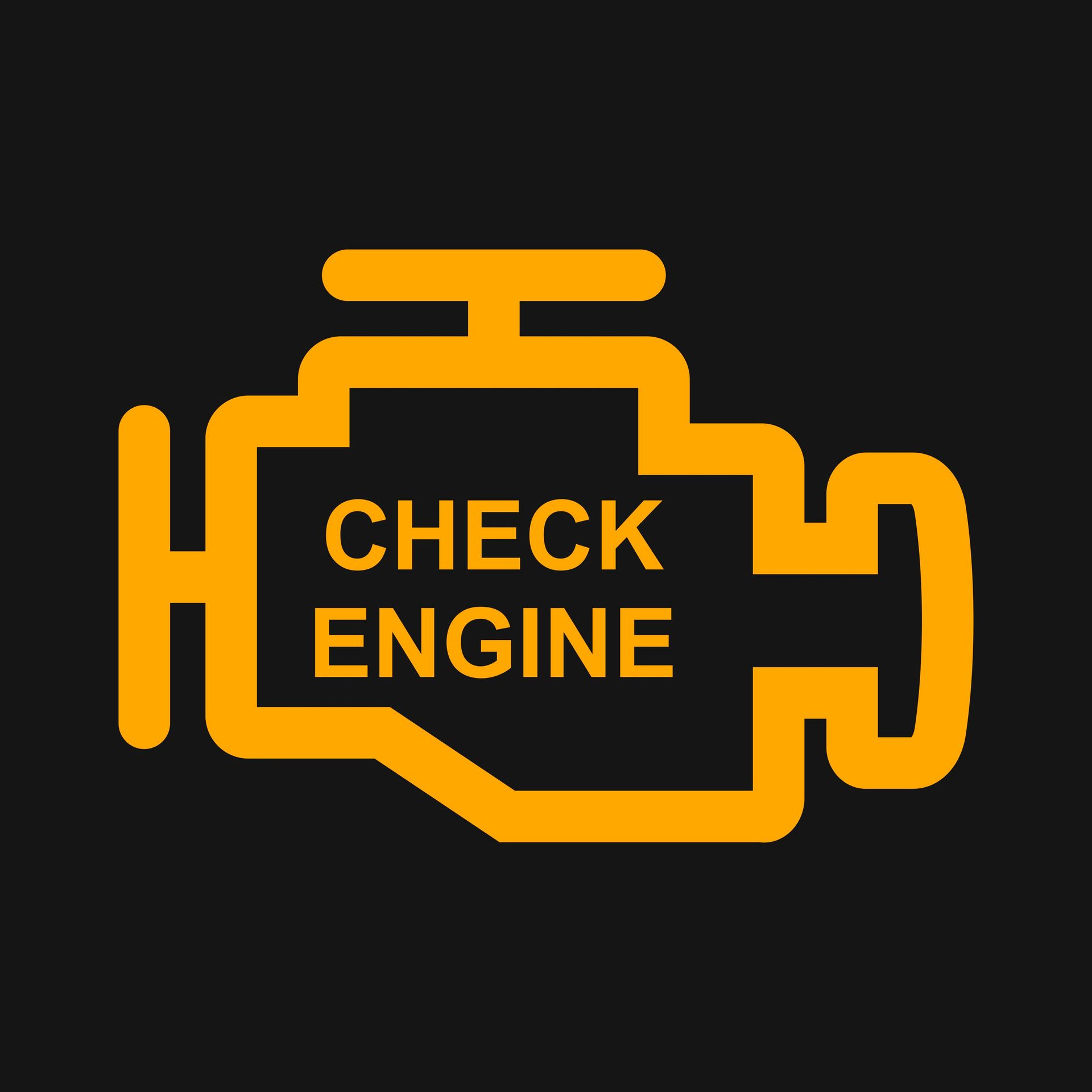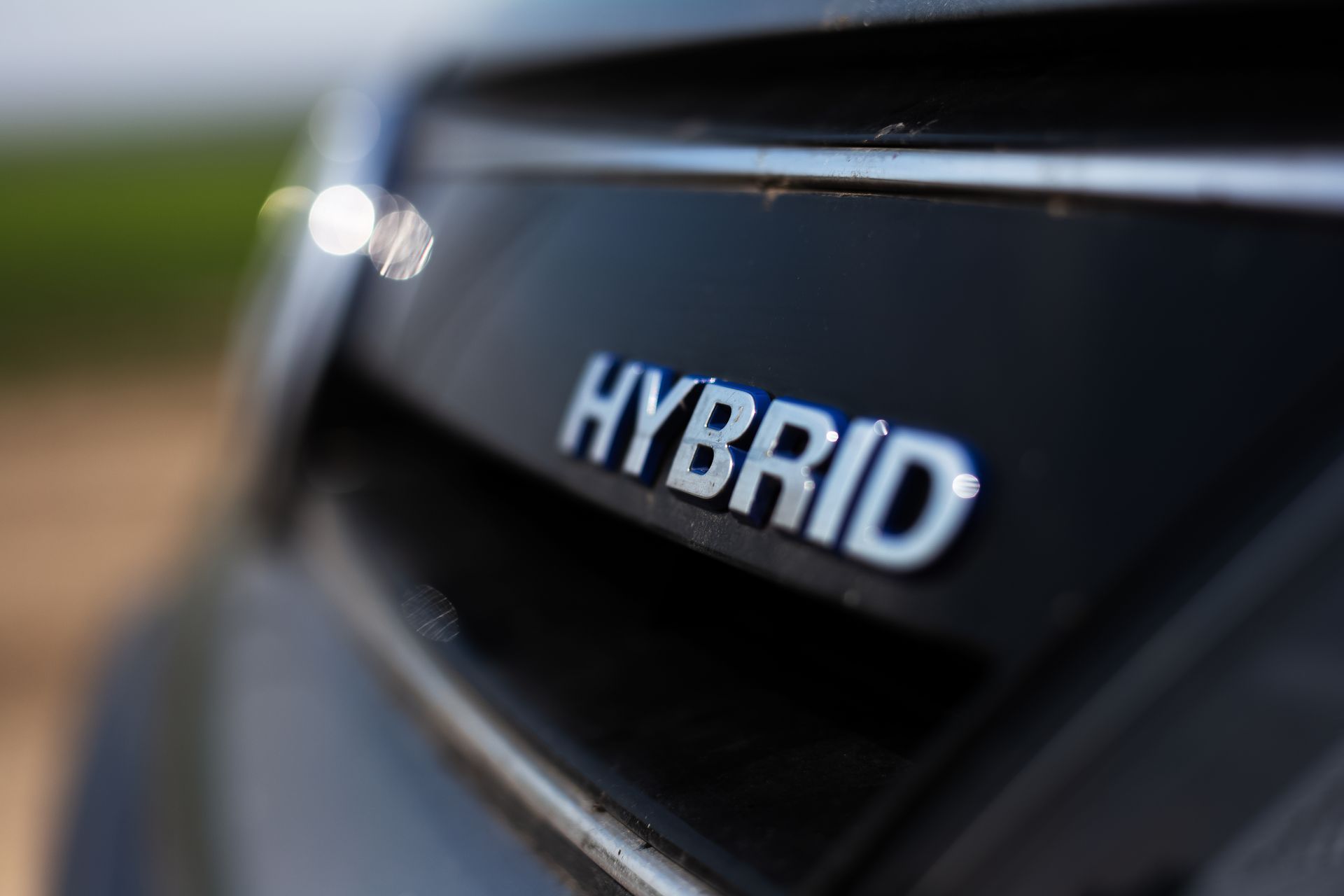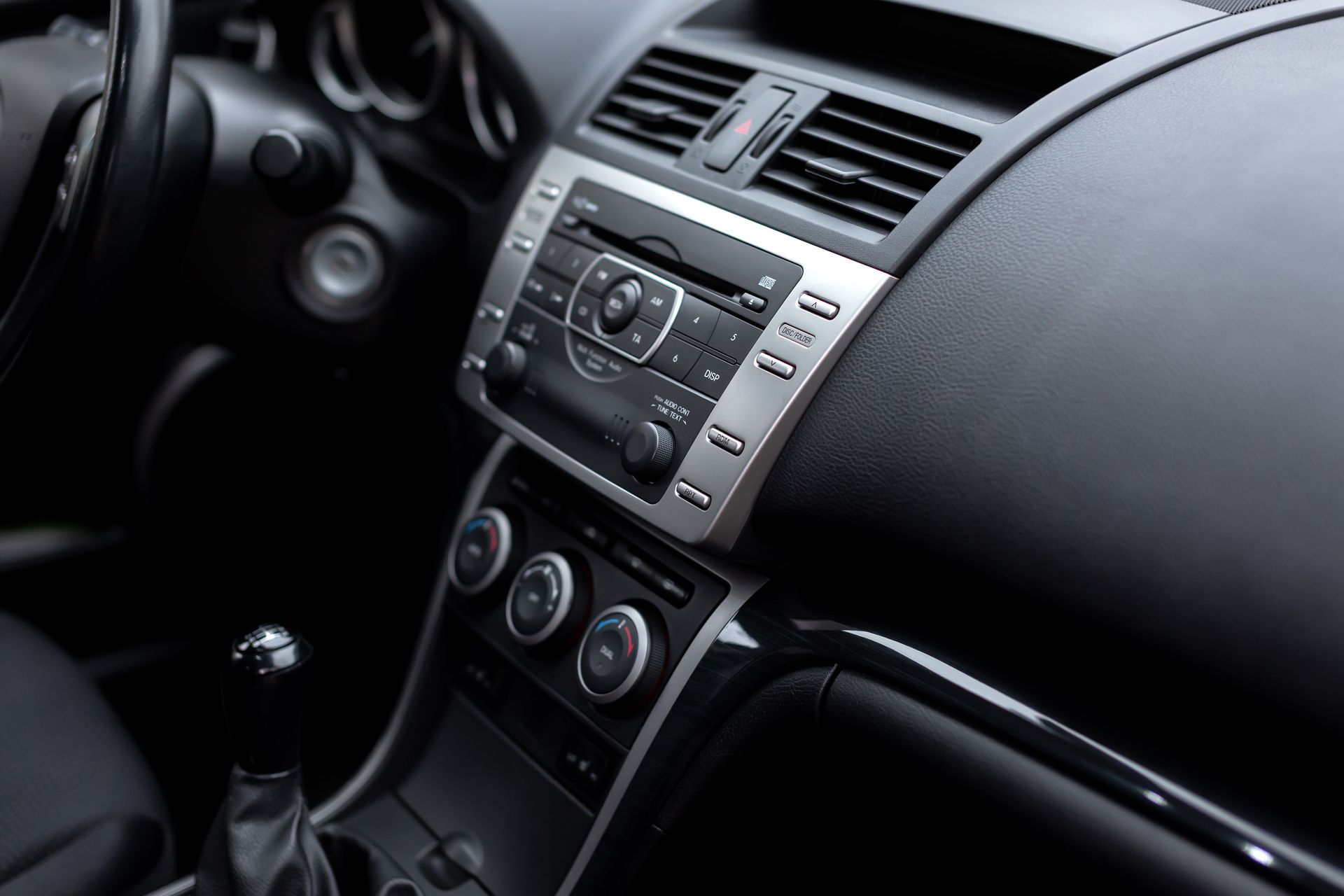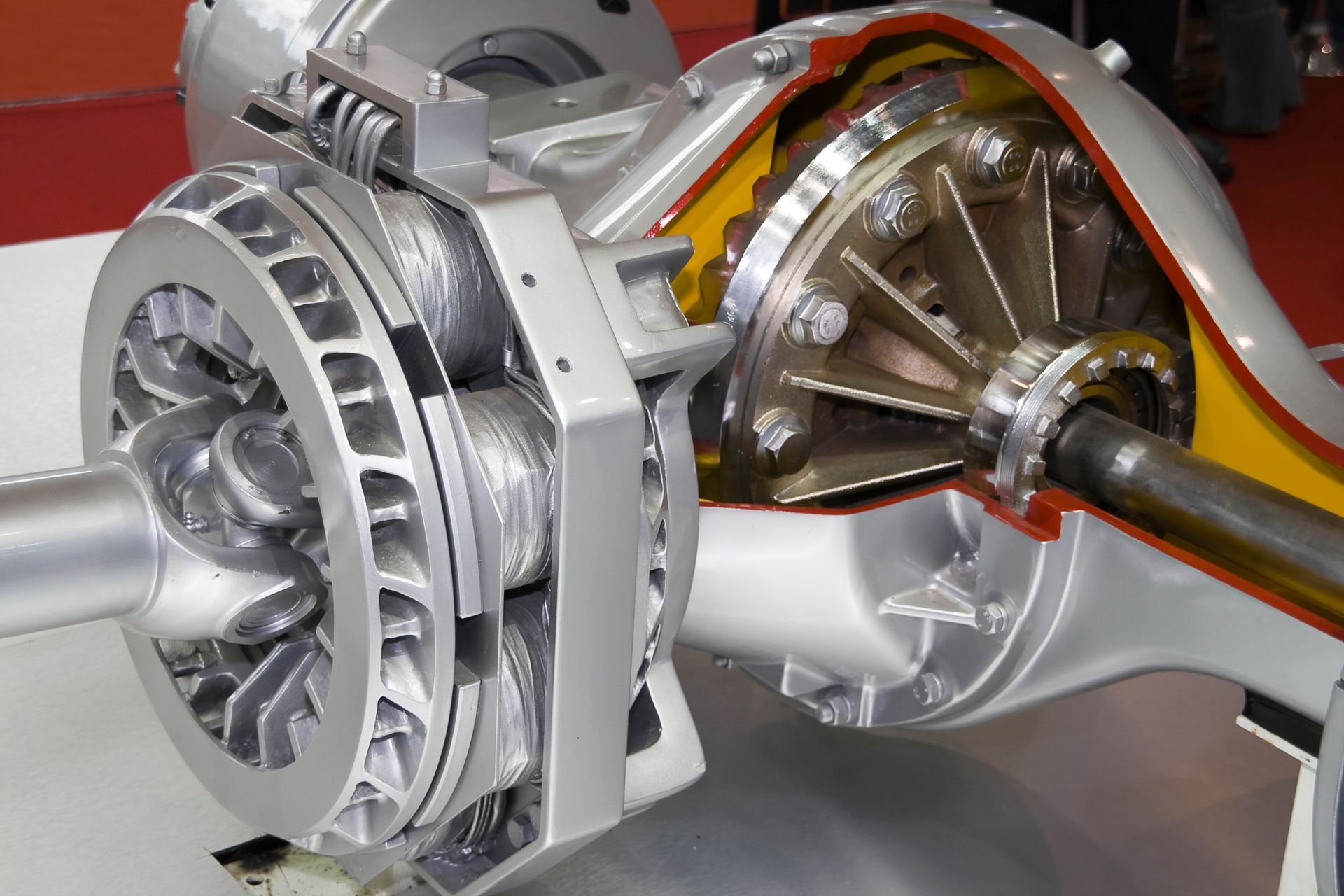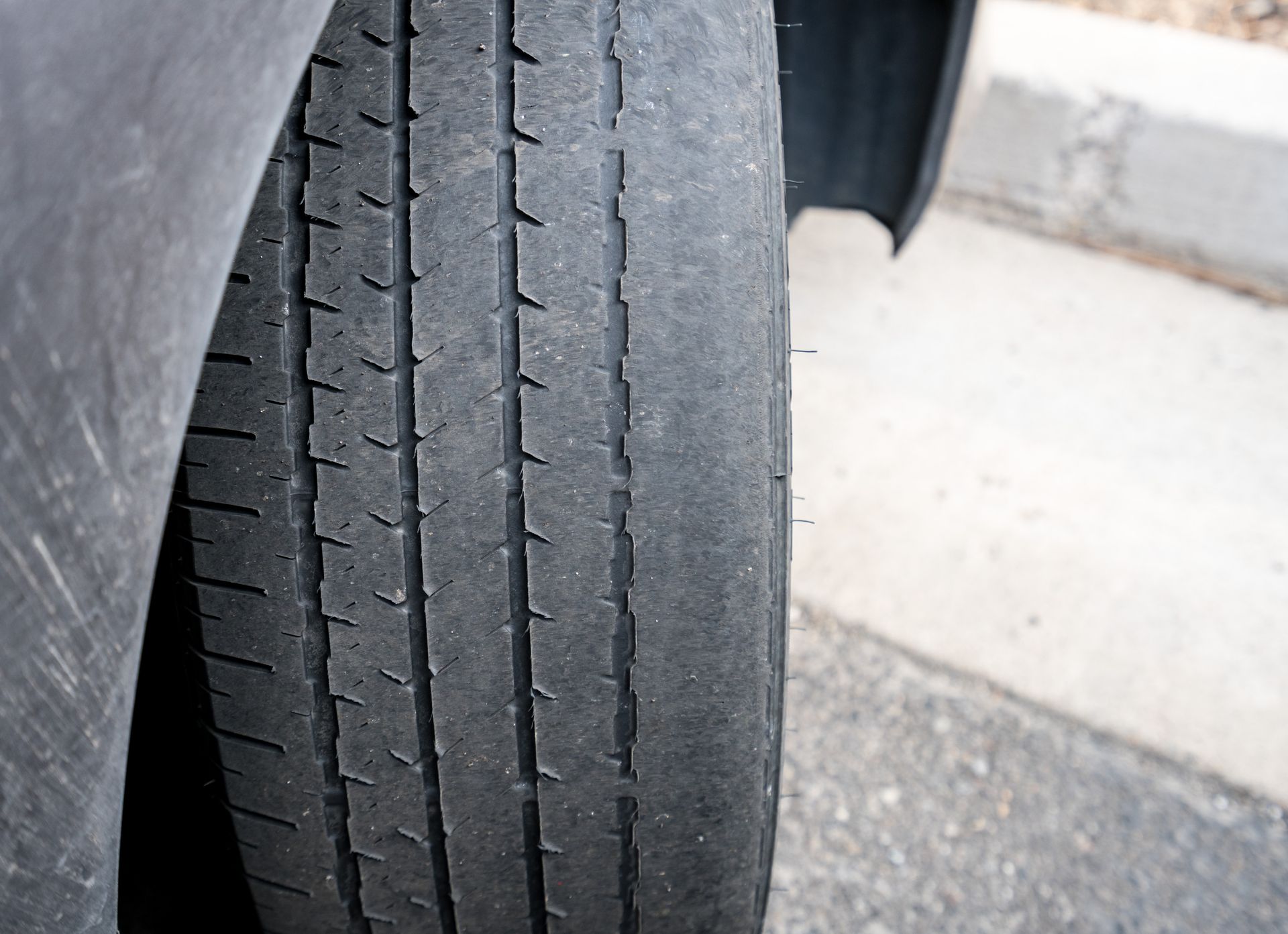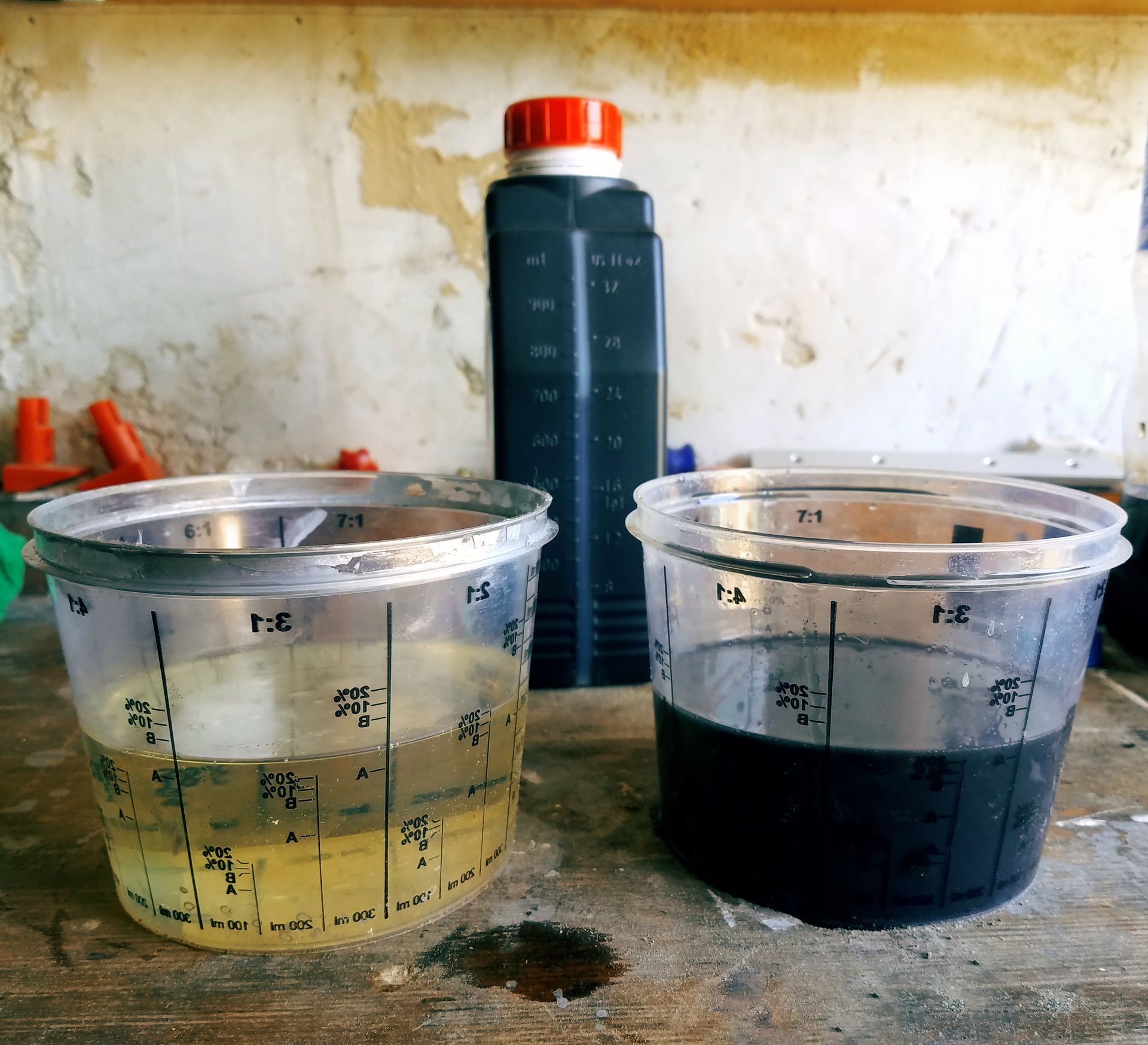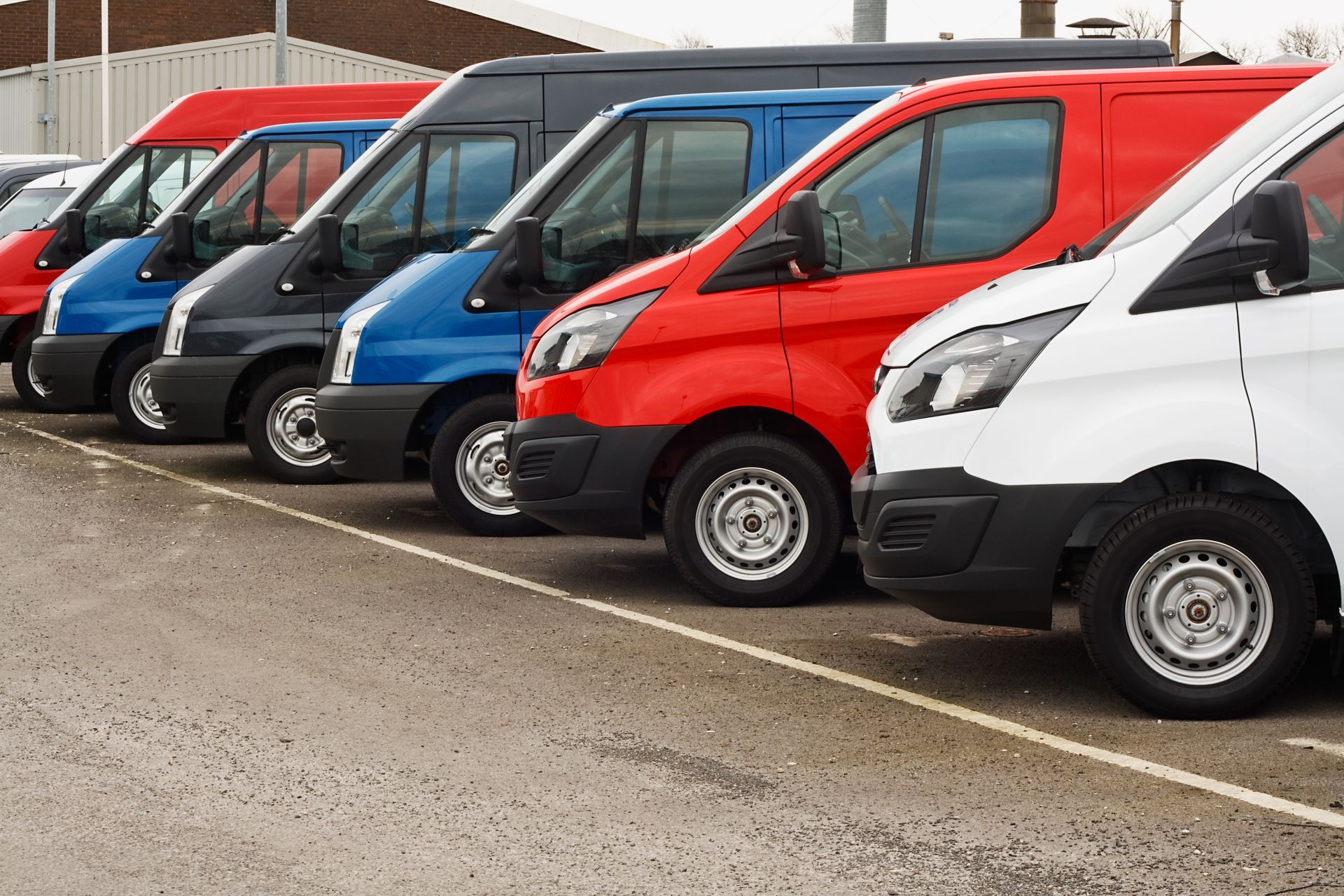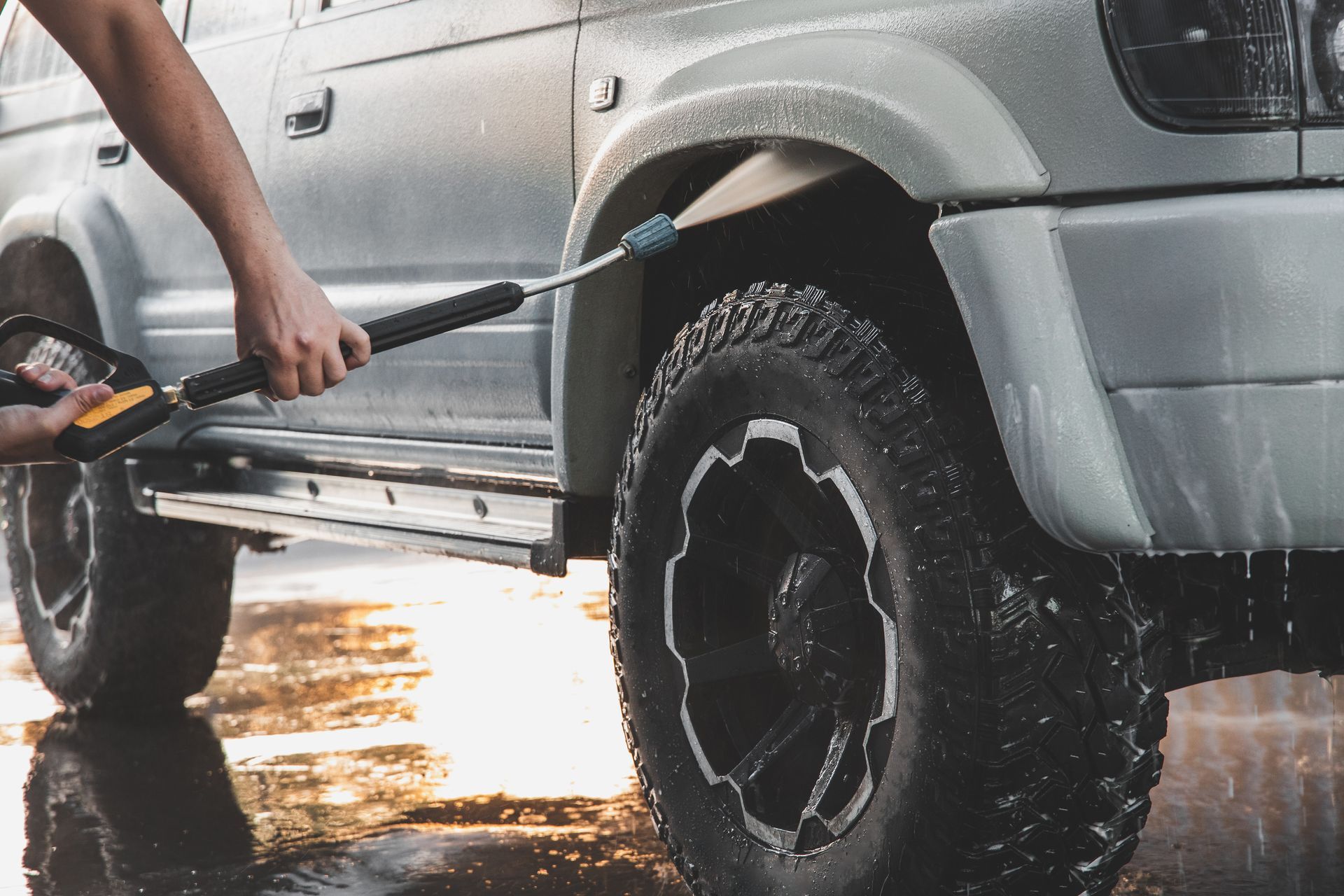Planning a road trip? Whether you’re setting off for an adventurous getaway or a relaxing vacation, one thing is certain: the cost of fuel can add up quickly. However, what if you could save money and maximize every gallon? Fuel efficiency depends on how you drive, prepare, and make small adjustments along the way. Let’s explore some practical tips to help you manage your fuel consumption while enjoying your journey.
Plan Your Route Strategically
Before hitting the road, take a moment to plan your route. GPS technology can be a lifesaver here. Apps like Google Maps and Waze provide directions and suggest routes with less traffic and minimal stops. Avoiding congested areas and stop-and-go traffic can save a significant amount of fuel.
Long stretches of highway driving tend to be more fuel-efficient than frequent starts and stops in urban areas. If possible, time your trip to avoid peak travel hours or rush periods, as idling in traffic eats away at your gas mileage.
Pack Light and Travel Smart
Overloading your car is a guaranteed way to waste fuel. The heavier your vehicle, the more energy it needs to move, which translates to increased fuel consumption. Evaluate your luggage carefully—only pack essentials and avoid unnecessary items.
Roof racks and cargo carriers are another consideration. While they’re convenient for extra storage, they create aerodynamic drag, forcing your engine to work harder. If you must use them, try to pack items securely and streamline the load as much as possible.
Maintain a Steady Speed
Keeping a consistent speed is one of the most effective ways to improve fuel efficiency. Rapid acceleration and frequent braking burn through gas quickly. Use cruise control on highways when safe to maintain a steady pace and reduce the workload on your engine.
Be mindful of your speed, too. Most cars operate most efficiently at speeds between 55 and 65 miles per hour. Going faster increases wind resistance and fuel consumption.
Keep Tires Properly Inflated
Did you know that underinflated tires can decrease fuel efficiency by up to 3%? Tires with low pressure create more rolling resistance, making your engine work harder to maintain speed. Check your tire pressure before embarking on your road trip and ensure it matches the manufacturer’s recommendations.
Proper tire inflation not only saves fuel but also improves handling and reduces wear and tear, contributing to a safer and smoother ride overall. Bonus tip: consider using low-resistance tires specifically designed for better fuel economy.
Avoid Excessive Idling
Idling is a common fuel waster, especially during road trips when you’re making pit stops or waiting for others. Contrary to popular belief, restarting your car doesn’t use more fuel than idling. If you anticipate being stationary for more than a minute or two, it’s more efficient to turn off the engine.
This is especially relevant during rest stops or waiting at pickup points. Some modern cars even come with automatic start-stop systems to manage this issue, but for older models, a little mindfulness goes a long way.
Stick to Regular Maintenance
A well-maintained car is a fuel-efficient car. Ensuring your engine is in optimal condition can make a huge difference. Regular oil changes, replacing dirty air filters, and maintaining spark plugs can all improve your fuel economy. Clogged filters and worn-out parts force your car to work harder, consuming more gas in the process.
Keep an eye on warning lights and address any potential issues promptly. A well-tuned engine and clean fuel injectors will maximize efficiency and keep your car running at its best.
Don’t let unexpected issues ruin your road trip. Visit
SCC Performance for expert maintenance and a thorough check-up before hitting the highway. Drive with confidence and save on fuel!



